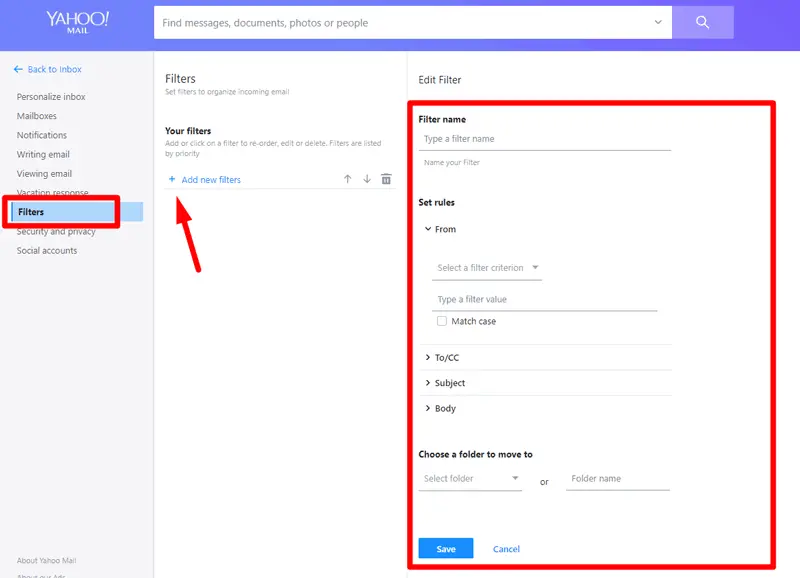

- NOT ENOUGH MEMORY TO OPEN YAHOO FILE OFFLINE
- NOT ENOUGH MEMORY TO OPEN YAHOO FILE DOWNLOAD
Disable the Download Public Folder Favorites Option Then, you can exit the Windows Registry Editor and launch the Outlook client to see if you can expand the folders. Find SharedMemMaxSize DWORD in the right pane and then change its value to 300000. Step 3: Navigate to HKEY_LOCAL_MACHINE\SOFTWARE\MICROSOFT\Windows Messaging Subsystem\Applications\Outlook. Then, create a new DWORD named SharedMemMaxSize and set its value to 300000. Step 2: Navigate to HKEY_LOCAL_MACHINE\SOFTWARE\MICROSOFT\Windows Messaging Subsystem. Then, type “ regedit” in the Run dialog box and hit Enter to open the Registry Editor.

Step 1: Press " Windows + R" keys to open the Run dialog box. If you do not know the location of filename.pst, use the Search feature in Windows to check your computer storage devices for Outlook.pst.

Then, browse to your Outlook data file (normally named Outlook.pst).
Outlook 2019: navigate to C:\Program Files\Microsoft Office\Root\Office16Īfter finding the SCANPST.EXE file, double click it to launch the Inbox Repair Tool. Outlook 2016: navigate to C:\Program Files\Microsoft Office\Root\Office16. Outlook 2013: navigate to C:\Program Files\Microsoft Office\Office15. Outlook 2010: navigate to C:\Program Files\Microsoft Office\Office14. Outlook 2007: navigate to C:\Program Files\Microsoft Office\Office12. Here are some pointers to the location of the file: The exact location of SCANPST.EXE depends on the version of Outlook you are using. You should find this file and run it to scan PST files for errors and repair any damage to the PST file. This file is usually stored on your computers’ internal storage. This tool is an executable file that comes with the Outlook desktop email client. A damaged PST file may be the reason why Outlook won’t expand top-level folders.įortunately, you can solve this problem by repairing the PST files with Inbox Repair Tool (SCANPST.EXE). NOT ENOUGH MEMORY TO OPEN YAHOO FILE OFFLINE
There are two types of data files on Outlook desktop: Offline Storage Table (.ost), and Personal Storage Table (.pst).







 0 kommentar(er)
0 kommentar(er)
